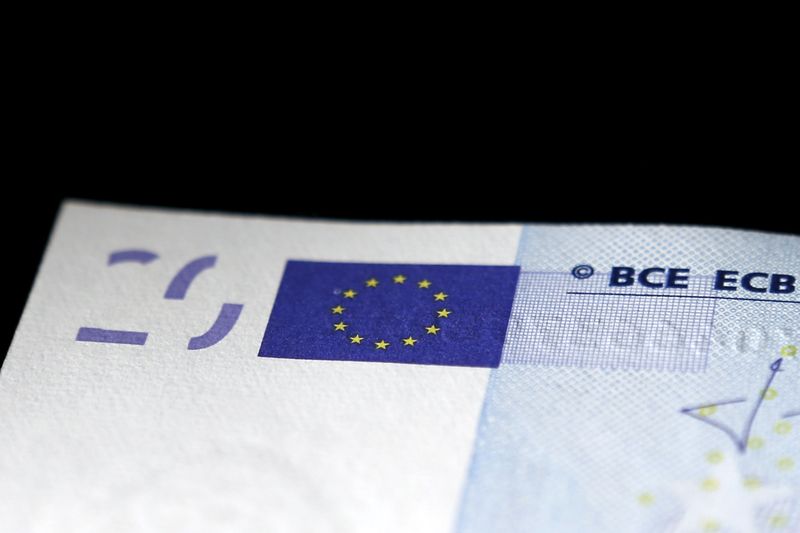* Euro extends losses, hits 7-month low vs dollar
* Dollar index hits 7-month high
* Friday's ECB Draghi comments weigh on euro
* Aussie slips vs dollar as commodities slide (Updates prices, adds comments)
By Masayuki Kitano
SINGAPORE, Nov 23 (Reuters) - The euro extended its losses against the dollar on Monday, hitting a seven-month low versus the U.S. currency, on expectations that the European Central Bank will ramp up its monetary stimulus next month.
Most major banks have stuck firmly to the view that the euro will fall toward parity with the dollar in the months ahead as the Federal Reserve begins to lift interest rates while the ECB takes the opposite course.
Comments by European Central Bank President Mario Draghi on Friday reinforced expectations for the ECB to unveil more monetary stimulus at its policy meeting on Dec. 3, renewing pressure on the euro.
Draghi said the ECB is ready to act quickly to boost anaemic inflation in the euro zone.
The euro was quoted at $1.0611/14 EUR= , down 0.3 percent on the day, according to Thomson Reuters data. The euro slipped to $1.0600 at one point on trading platform EBS, its lowest level since April.
"Our view of the euro stays firmly negative," said Heng Koon How, senior FX strategist for Credit Suisse (VX:CSGN) private banking and wealth management in Singapore.
The yield spread between two-year U.S. Treasuries and German Bunds has widened in the dollar's favour due to the monetary policy divergence between the Fed and the ECB, weighing on the euro, he said.
Two-year U.S. Treasury yields US2YT=RR are now 130 basis points above two-year German bond yields DE2YT=RR , with the gap having widened from around 81 basis points in mid-October.
Against the Japanese currency, the euro fell to 130.57 yen EURJPY=R at one point on trading platform EBS, its lowest level since April.
"The euro seems likely to stay soft going into the (ECB) meeting," said Teppei Ino, an analyst for Bank of Tokyo-Mitsubishi UFJ in Singapore.
While U.S. Commodity Futures Trading Commission data shows speculators have been increasing their bearish bets against the euro, the amount of such bets remains below this year's peak, suggesting that there may be scope for such bets to increase further, Ino added.
The latest U.S. CFTC data showed net short positions in the euro increased to their largest since June, in the week ended Nov. 17.
The euro touched a four-month low against the Australian dollar at A$1.4679 earlier on Monday, but later recovered as a slide in commodity prices weighed on the Australian dollar.
The Australian dollar fell 0.8 percent to $0.7177, partly due to a fall in copper prices, which hit a fresh six-and-a-half year low on concerns about China's slowing factory demand.
The U.S. dollar held firm against a basket of six major currencies, helped by the euro's weakness. The dollar index hit a seven-month high of 99.977 .DXY and last stood at 99.885.
The greenback has gained this month, after strong U.S. jobs data strengthened expectations for the Fed to raise interest rates in December.
San Francisco Fed President John Williams said on Saturday that there is a "strong case" for raising interest rates when Fed policymakers meet next month, as long as U.S. economic data does not disappoint.
Against the yen, the dollar was quoted at 123.15/19 yen JPY= , up 0.2 percent on the day.
Trading activity during Asian hours was thinned due to a public holiday in Japan.
